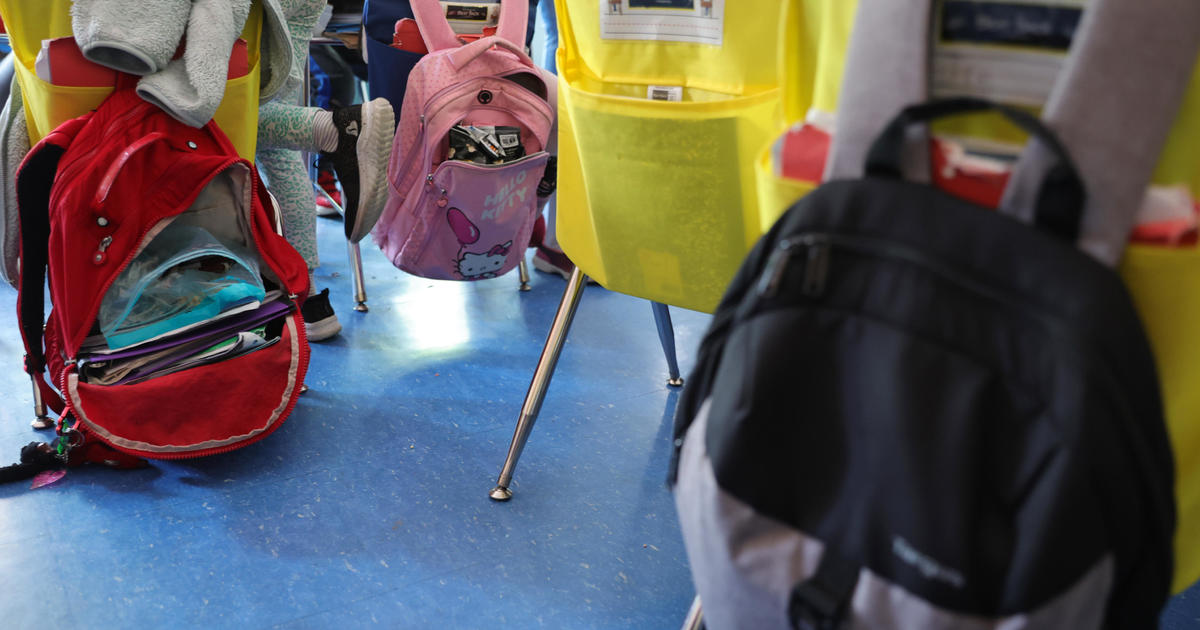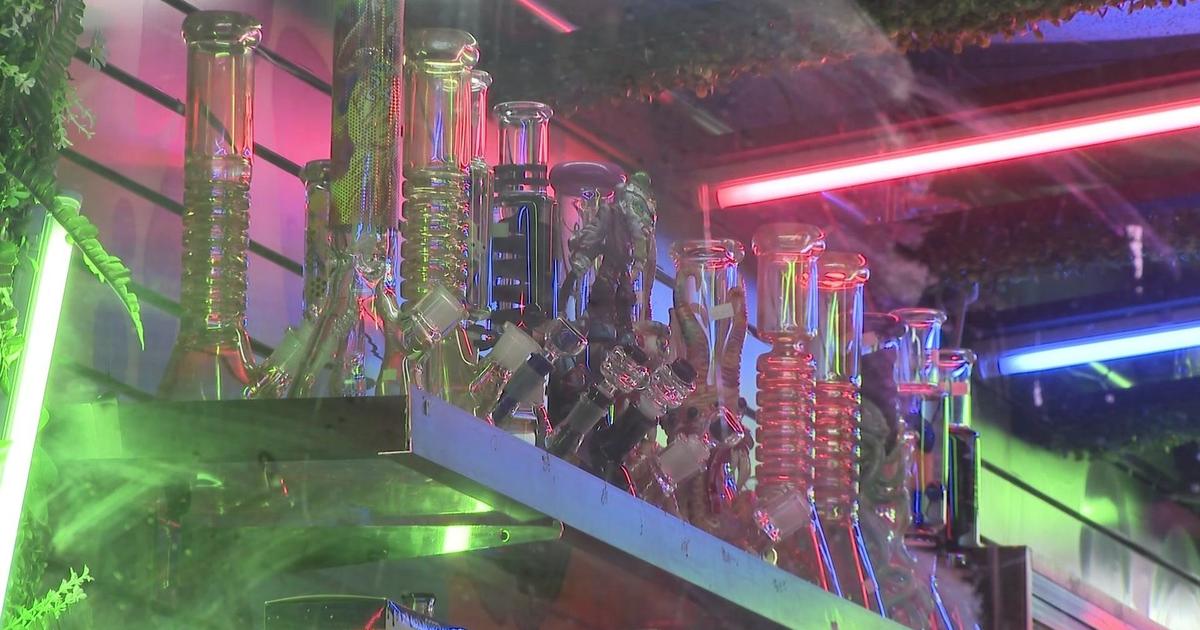HealthWatch: New Invention Could Prevent Vision Loss For Diabetics
NEW YORK (CBSNewYork) -- 30 million Americans have diabetes. Many of them face a devastating complication -- diabetic retinopathy, doctor talk for damage to the light-sensitive retina in the back of the eye.
Colin Cook watched diabetes take his aunt's vision and eventually her life. He's now on a mission to stop the disease from stealing the eyesight of others.
The Caltech graduate student designed glowing contact lenses to treat diabetic retinopathy, a condition that leads to abnormal blood vessels in the retina which eventually causes blindness in diabetics.
"The small blood vessels begin to die off as a result of the diabetes and so the retina starts to starve from lack of oxygen," said Cook, a contact developer.
Doctors say diabetic retinopathy progresses the most overnight because ours eyes actually consume more oxygen in the dark than in the light, especially the layer of the retina where the light-sensitive cells reside. So Cook designed his lenses to wear while sleeping, emitting just enough of a glow for the retina to detect.
"To trick the eye into thinking its daytime so the cells aren't consuming so much oxygen," said Cook.
That helps preserve the cells and the patient's eyesight.
He says because the contact is so close to the retina and moves with the eye, the glow essentially goes unnoticed by the brain, allowing users to sleep despite the light.
Cook says his lenses offer an alternative to painful existing treatments for diabetic retinopathy, which include injections in the eye.
While the contacts can maintain their glow up to 12 years, he foresees temporary pairs for users.
"Probably about a year and then get a new pair of lenses," he says.
Cook believes his invention could help maintain a user's vision for years.
He hopes to start testing the lenses in a human trial soon.



